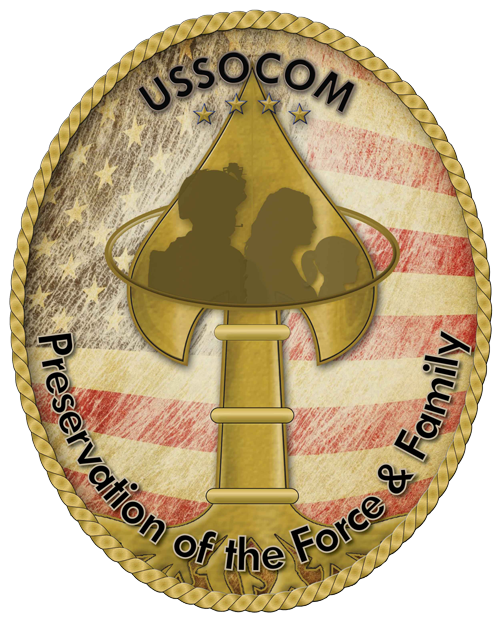Page Content
“She’s being so mean to me!” “He’s such a meany!” What’s going on between children when they act mean towards one another? It’s likely that relational aggression is at play. Relational aggression is a form of bullying where behaviors cause damage to a child’s friendships and relationships.
How Are Kids Relationally Aggressive?
There are several ways children can be relationally aggressive. They might try to control a peer by saying something such as, “You can’t be my friend unless you…” Children might deliberately exclude someone, such as purposely not inviting a classmate to join a group or giving someone the silent treatment. Causing the rejection of a peer, perhaps by spreading rumors, is another way kids engage in relational aggression.
Who Is Relationally Aggressive?
While some might think it only happens between girls, both boys and girls engage in relational aggression. It might seem more common among girls because they tend to see such actions as more hurtful and thus respond more strongly to being the victim of relational aggression than boys do. This can lead to tension in girl-girl friendships. Boys sometimes shrug off being on the receiving end of such behaviors and often don’t seem as bothered by it. Still, relational aggression is hurtful for both boys and girls.
It can happen across all ages too, and even into adulthood. However, it’s most common among younger teens, partly because social interactions and status are very important to adolescents. It’s normal for teens to have more interest in their peers and seek less connection to their parents. Acceptance by peers becomes very important to teenagers, so facing potential rejection, isolation, or exclusion from a group can be devastating. It’s also possible teens engage in relational aggression by modeling what they see other teens do. The impact of being the victim of relational aggression is serious. Victims of relational aggression are more likely to feel sad and anxious and have lower self-esteem.
Family relationships play a role in children’s and teens’ relationally aggressive behaviors. When there’s a lot of conflict between parents, or when parents don’t do a good job of listening to their children, kids are more likely to engage in relational aggression. Also, how well siblings get along sometimes indicates if a child is likely to be relationally aggressive.
What Can Parents Do?
Create a culture of kindness within your own family to reduce these behaviors. Parents who show their children physical affection (i.e., give hugs and kisses), express feelings of love, and tell their children they appreciate things they did tend to raise children who are less likely to be relationally aggressive. Parenting that is harsh, controlling, or uninvolved is linked to relational aggression in kids. Encourage your children to think through how their words and actions impact other people and model this behavior for them. Talking about bullying and relational aggression also helps kids understand the impact of their behaviors. Kids learn to appreciate differences and build empathy.

